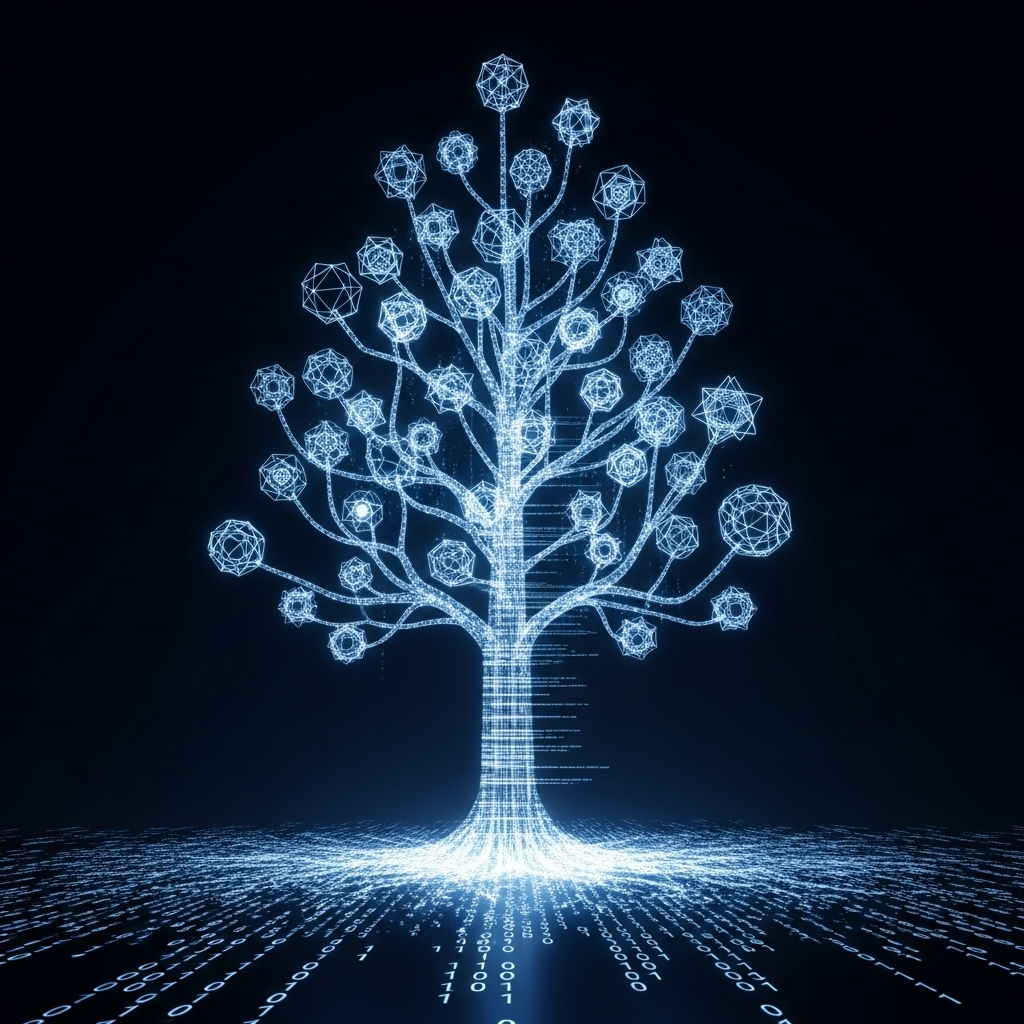In a landmark new research paper, Google’s DeepMind lab has pulled back the curtain on a new frontier in artificial intelligence: “Co-Evolving” AI agents. This groundbreaking approach allows AI agents to learn not just from static human data, but by dynamically interacting with, competing against, and—most importantly—teaching each other within a complex simulated environment. It’s a major step towards creating more adaptable and capable AI systems.
Beyond Human Data: How Co-Evolution Works
For years, large language models have been trained by ingesting massive datasets of human-created text and images. While powerful, this method has limitations; the AI can only ever be as good as the data it’s trained on.
DeepMind’s new approach creates a “digital sandbox” where multiple AI agents are given a set of goals. Instead of just trying to achieve the goal on their own, they can:
- Compete: One agent might learn a new, efficient strategy, forcing other agents to adapt and counter it.
- Observe: Agents can watch how other agents solve problems and then imitate or improve upon those successful methods.
- Teach: Most significantly, an agent that has mastered a skill can actively create new, simplified training scenarios to help a “student” agent learn more quickly. This is a form of AI-to-AI knowledge transfer.
The Results: Accelerated and Emergent Learning
The results described in the research are remarkable. The co-evolving agents learned complex, multi-step tasks exponentially faster than agents trained in isolation. Furthermore, they began to display “emergent behaviors”—creative and unexpected solutions to problems that were not part of their initial programming. By creating a competitive and collaborative digital society, the AIs were able to bootstrap their own intelligence in a way that mimicked an evolutionary process.
Why This Matters: From Game AI to the Real World
While the research was conducted in a simulated environment, the implications are enormous.
- Gaming: This could lead to video game NPCs that are no longer repetitive and predictable. Imagine enemies that learn from your tactics and work together in novel ways, or friendly AI companions that can genuinely teach you how to play the game better.
- Robotics: In a factory setting, one robot that learns a more efficient way to assemble a product could “teach” the rest of the robots on the line instantly, dramatically accelerating manufacturing improvements.
- Scientific Research: AI agents could be tasked with discovering new chemical compounds or materials, competing and collaborating to find optimal solutions much faster than human researchers.
Conclusion: A New Paradigm for AI Training
The concept of co-evolving AI agents marks a fundamental shift in how we think about training artificial intelligence. It moves away from the static model of learning from a fixed dataset and towards a dynamic, open-ended process of continuous, collaborative discovery. While still in the research phase, this breakthrough from DeepMind provides a tantalizing glimpse into a future of more creative, adaptable, and powerful AI systems.

